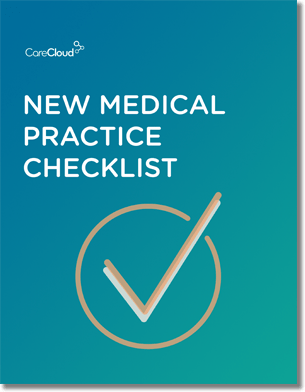On March 31, the Senate passed another fix to 1997’s Sustainable Growth Rate (SGR) in order to prevent physicians’ Medicare fees from dropping. Tucked under this bill was a minimum one-year delay of ICD-10.
The announcement comes just weeks after the Centers for Medicare and Services (CMS) Administrator Marilyn Tavenner promised HIMSS14 attendees the October 1, 2014 deadline was final. CMS has yet to announce a new official date.
The healthcare industry has conveyed mixed feelings about the delay. Like CMS, the American Health Information Management Association (AHIMA) also views the delay negatively, citing potential costs associated with ‘dialing back’ to ICD-9 for organizations that were ready to make the October 2014 switch.
On the other hand, the American Medical Association (AMA) has pushed for a delay of ICD-10 in the past, deeming that physicians are inadequately prepared and private practices are burdened by the transition’s exorbitant cost. (However, the AMA strongly opposed this bill itself due to the SGR patch — the AMA wants a permanent fix around Medicare physician payments).
What The ICD-Delay Means for Healthcare Professionals
The impacts of the ICD-10 delay are not yet fully understood, raising a heap of questions for providers, administrators, coding professionals, and even the government. Many are turning to CMS for guidance.
Healthcare organizations that were prepared for the ICD-10 transition are understandably irritated by the delay, and will be left in the dark for an undetermined period of time. Those that were seriously behind, however, have at least an extra year to prepare.
The change does not delay the need for medical practices to to look critically at their existing practice management and electronic health records investments. Providers should employ solutions with cost-effective ICD-10 transition plans and an eye towards the many pressures they will face after making the switch.
ICD-10 is one of the biggest changes in healthcare in recent years, but it surely won’t be the last. Providers should not only evaluate vendors on their ability to handle ICD-10, but also on their capacity to keep up with a rapidly changing landscape over the long term.
What The ICD-10 Delay Means for CareCloud
Despite the deadline extension, ICD-10 remains a critical priority at CareCloud. We continue to invest heavily to add ICD-10 enhancements to our platform, perform testing with payers and clearinghouses, and help our clients prepare for the switch.
CareCloud delivers a truly integrated, cloud-based practice management and EHR solution that’s second to none in usability. And, ICD-10 software updates are included with our monthly subscription fees so our clients can face the future confident about their ability to move to ICD-10 both smoothly and cost-effectively.
To read more about ICD-10 and CareCloud’s plan, check out www.carecloud.com/icd-10.
The material and information contained on this website is for general information purposes only. You should not solely rely upon the material or information on the website as a basis for making any business, legal, medical, or any other decisions. While we endeavor to keep all information up-to-date and correct, all information in this site is provided "as is," and CareCloud Corporation and MTBC Inc. make no representations or warranties of any kind, express or implied, about the completeness, accuracy, reliability, suitability, or availability with respect to the information contained on the website for any purpose. Any reliance you place on such material is therefore strictly at your own risk.

Do you know what you need when setting up a new medical practice?


